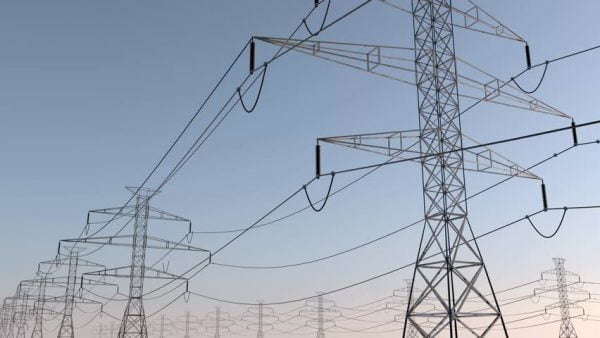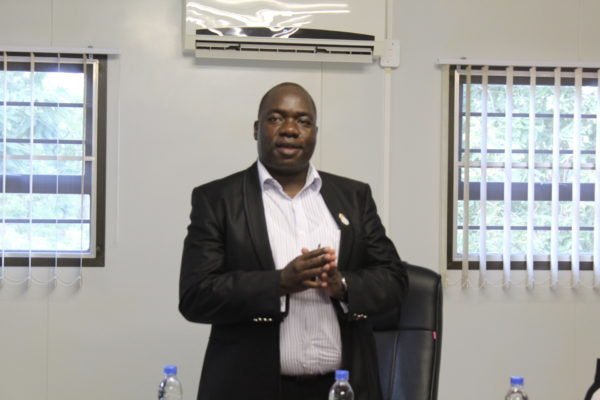Coal producers demand forex payments

Zimbabwe’s coal producers are making a push to be partly paid in foreign currency by ZESA after the Reserve Bank of Zimbabwe (RBZ) recently directed the State-owned power utility to bill exporters in hard currency, an industry body has said.
Coal producers — Makomo Resources, Hwange Colliery Company and Zambezi Gas supplies about 90 percent of their output to Zesa’s four thermal power stations including Hwange, the country’s largest power plant after Kariba hydroelectric plant.
The power utility also owns three small power plants in Harare, Munyati and Bulawayo.
Recently, the central bank directed — through a Statutory Instrument — Zesa to bill exporters in foreign currency with the proceeds going towards importation of power, equipment and payment of foreign loans and foreign insurance premiums.
The RBZ said “Zesa shall be allowed to bill in United States dollars or the equivalent in Euro or any other currency for the supply of electricity to exporters, and partial exporters earning their revenue or receiving their income” in forex.
Chairman of Coal Producers Association Ray Mutokonyi told Business Weekly in an interview that foreign currency availability was critical in the electricity value chain and wants part of forex being earned by the power utility to also benefit the miners.
Forex shortages, fuel and electricity characterise Zimbabwe’s economic challenges.
The miners require foreign currency to procure production inputs and other consumables such as explosives, but have not been getting enough on the interbank market.
“Foreign currency availability is important to ensure enough production of coal for power
“Since ZESA is now being paid in foreign currency by exporters, as coal producers, we feel a portion should be put to production.
“We need foreign currency to import consumables, which is critical for our operations.
“Through the Chamber of Mines, we have done a paper to present this position to our parent ministry (Mines and Mining Development), the Reserve Bank, Energy and Power Development and Finance (and Economic Development Ministries.”
ZESA acting chief executive Engineer Patrick Chivaura said the forex received by the power utility had prescribed uses in terms of the law. “It would be difficult for ZESA to then apply same to local suppliers without breaking the provision of the Statutory Instrument,” said Eng Chivaura.
Mutokonyi however said by allowing ZESA to bill exporters in hard currency, the utility’s domestic currency revenue would substantially fall and this would in turn negatively affect its ability to pay for local services, including the coal supplies.
“What this has done is to take away local currency that has been financing local production (through coal payments) as exporter’s money will now go towards power imports.”
Already, ZESA owes coal miners nearly $108 million and this was compounding challenges to buy foreign currency on the interbank market. “ZESA is always behind (in terms of payments). “We have talked to the (executive) chairman Dr Sydney Gata and he has assured us that he will look into the matter,” said Mutokonyi.
Eng Chivaura confirmed the debt, but said half of the amount was due for payment. “Serious efforts are being made to pay as regularly as we can an on a weekly basis (and) payments will be sustained until the debt is cleared,” said Eng Chivaura.
Coal remains the dominant energy mineral for Zimbabwe. The country boasts of vast reserves of coal particularly in the north-west and southern parts of the country.
Coal intake at the power station will significantly increase when Zimbabwe Power Company, an electricity generating subsidiary of ZESA commissions additional two units by end of 2021. The units are expected to produce 600 megawatts.
The US$1 billion project, being implemented by Sino Hydro of China is 25 percent complete.
Recently, ZPC claimed inadequate supplies of coal by the miners was threating the country’s power generation and wanted to produce its own fuel for guaranteed supplies.
With the coming in of stage 7 and 8, ZPC said it was concerned that the existing miners might fail to adequately provide feed stock for the expanded power station.
Hwange thermal station is currently the base load power plant in light of declining production at Kariba Hydroelectric due to low water level at Lake Kariba.
The Zambezi River Authority, which manages the Zambezi water resources said the hydrological situation remains dire indicating a possible suspension of power generation by January. Zimbabwe and Zambia generate electricity from Lake Kariba_Business Weekly


